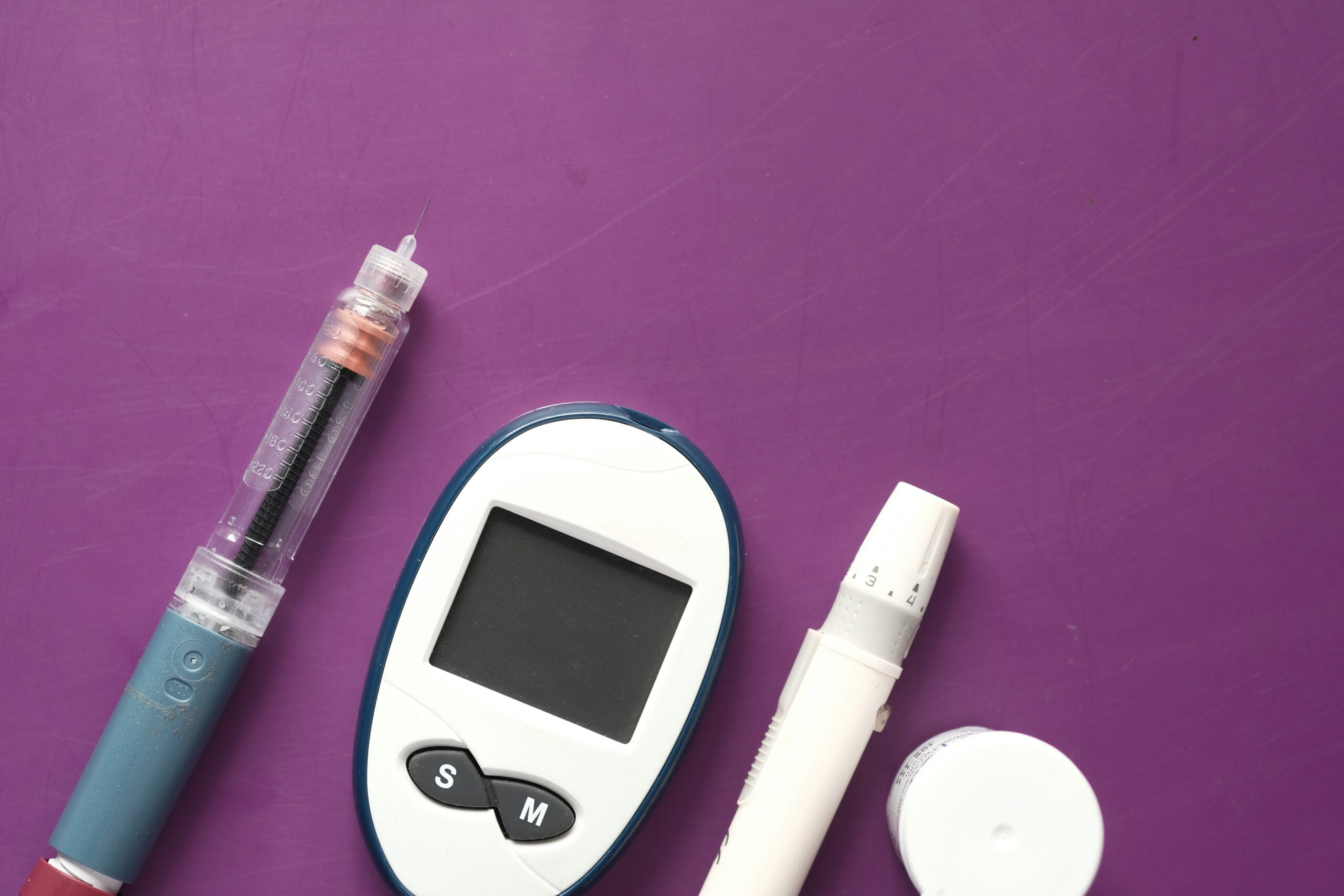
Dr. Isabelle Fromont
Consultant Endocrinologist & Diabetologist

Our endocrinology department is dedicated to delivering tailored care to help you manage diabetes and effectively enhance your quality of life.

Diabetes can lead to complications, both macrovascular and microvascular, which require regular screening. Furthermore, it is necessary to screen and treat risk factors associated with diabetes, such as hypertension, hypercholesterolemia, and smoking.
It is crucial to understand the daily challenges of living with diabetes. Patients may sometimes benefit from psychological support to help them adjust to and manage this condition.
At Doctor Reuter Medical Center, we understand the importance of comprehensive care. Our dedicated team of endocrinologists, cardiologists, and psychologists is here to provide you with the support and expertise you need.
Type 1 diabetes happens when the body’s immune system attacks and destroys the cells that produce insulin in the pancreas. This usually starts in childhood or adolescence but can happen at any age. Patients with type 1 diabetes need insulin therapy every day to control their blood sugar levels.
Insulin pumps and insulin injections are vital components of type 1 diabetes management. Insulin injections involve manually introducing subcutaneous insulin at specific times. On the other hand, insulin pumps deliver a continuous flow of subcutaneous insulin, providing a steady supply 24 hours a day according to a programmed plan unique to each pump user. This delivery method is customized to each pump user’s unique needs, allowing for adjustments in insulin dosage as necessary.
Type 2 diabetes is more common and usually happens in adults, although it’s increasingly affecting younger people too. In type 2 diabetes, the body still produces insulin, but it is either not used effectively or there is an insufficient amount of it. A family history of type 2 diabetes or lifestyle factors like being overweight and not getting enough exercise can increase the risk of type 2 diabetes.
Treatment starts with making healthy lifestyle changes, like eating better and exercising more, but medication or insulin may become necessary as the disease progresses.
Rarely, a specific type of diabetes, known as atypical diabetes, happens due to genetic mutations such as monogenic diabetes (MODY) and mitochondrial diabetes. It is important to detect them because they require specific management.
Gestational diabetes may develop during pregnancy. Elevated blood sugar levels associated with gestational diabetes pose risks to both your health and your baby’s well-being. While it often remains asymptomatic, certain factors may increase its risk, including obesity, previous gestational diabetes, a macrosomic child in the previous pregnancy, polycystic ovary syndrome, and a family history of diabetes.
Fortunately, gestational diabetes can be effectively managed through lifestyle adjustments such as adopting a balanced diet, regular physical activity, and, if necessary, medication. By carefully regulating your blood sugar levels, you can ensure a healthier pregnancy and minimize the likelihood of delivery complications. Following childbirth, blood sugar levels typically normalize. However, women with a history of gestational diabetes have an increased risk of developing type 2 diabetes later in life, requiring regular monitoring of blood sugar levels after pregnancy.
Testing typically involves the glucose challenge test, which may be recommended between the 24th and 28th weeks of pregnancy. If the glucose challenge test shows high blood glucose levels, it is followed by the glucose tolerance test.
Treatment for gestational diabetes aims at maintaining blood glucose levels like those of pregnant women without gestational diabetes. It includes unique meal plans, planned physical activity, and, in some cases, daily blood glucose testing and insulin injections.